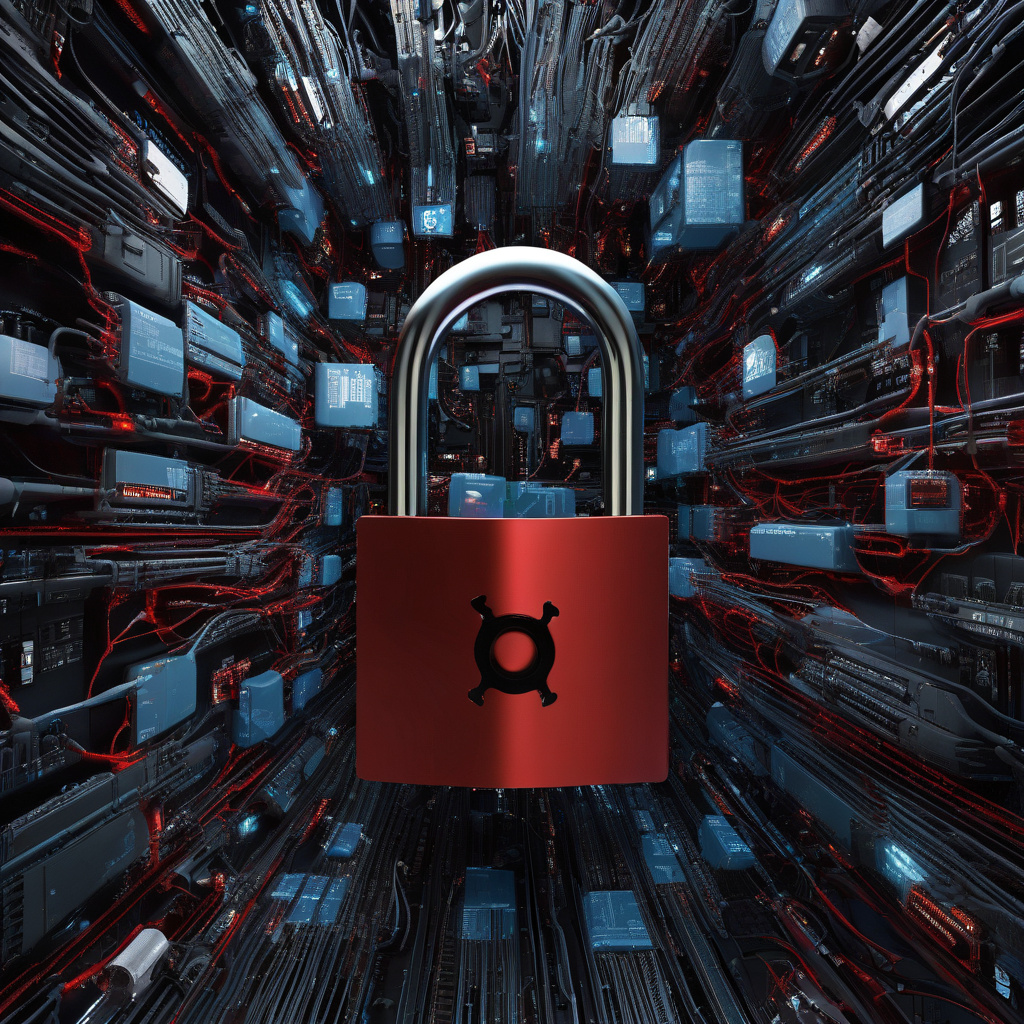Docker Raises Alarm on Security Risks with MCP Toolchains
In a recent blog post, Docker has sounded the alarm on the security vulnerabilities stemming from AI-driven developer tools leveraging the Model Context Protocol (MCP). This revelation sheds light on a pressing issue that could potentially expose organizations to severe risks, including credential leaks, unauthorized data access, and even remote code execution.
Docker’s warning comes as a stark reminder of the intricate challenges faced by developers in safeguarding sensitive information within their toolchains. The integration of AI technologies, while promising enhanced efficiency and productivity, has inadvertently paved the way for malicious actors to exploit vulnerabilities in the MCP framework.
One of the most alarming aspects highlighted in Docker’s post is the prevalence of real-world incidents where organizations fell victim to these security lapses. Instances of credential leaks, unauthorized file access, and remote code execution underscore the urgent need for a comprehensive reassessment of security protocols within developer ecosystems.
The implications of these vulnerabilities extend far beyond individual developers or organizations; they have the potential to disrupt entire industries and compromise the integrity of digital infrastructures. As more businesses embrace AI-powered tools for development processes, the risks associated with MCP toolchains become increasingly pronounced.
Addressing these security concerns demands a proactive approach from all stakeholders involved in the software development lifecycle. Developers, IT professionals, and cybersecurity experts must collaborate to fortify existing security measures, conduct thorough risk assessments, and implement robust strategies to mitigate the impact of potential breaches.
Furthermore, the onus lies on technology providers to prioritize security in the design and implementation of AI-driven tools. By integrating stringent security protocols, conducting regular audits, and fostering a culture of continuous vigilance, vendors can play a pivotal role in safeguarding the integrity of developer ecosystems.
In conclusion, Docker’s warning serves as a wake-up call for the IT and development community to reevaluate their approach to security within MCP toolchains. By acknowledging the inherent risks posed by AI-powered developer tools and taking proactive steps to bolster defenses, organizations can navigate the evolving threat landscape with confidence and resilience.
As we move forward in an increasingly interconnected digital landscape, vigilance, collaboration, and a steadfast commitment to security will be paramount in safeguarding the future of software development.
—
Image Source: InfoQ
Author: Matt Foster

